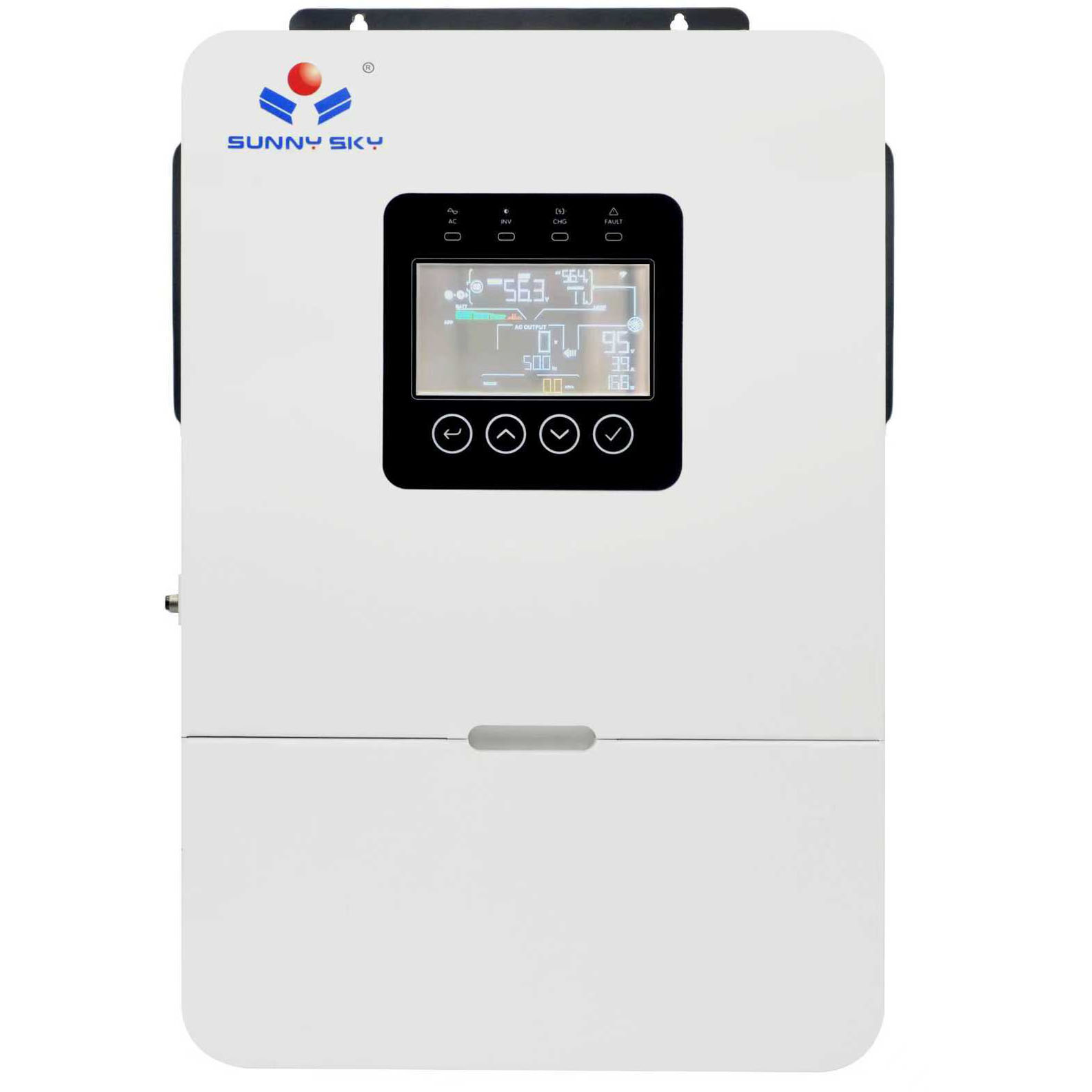MPPT solar charge controller is a critical component in modern solar energy systems, designed to optimize the conversion of sunlight into usable electricity. This technology ensures that solar panels operate at their peak efficiency by continuously tracking the maximum power point, which varies with environmental conditions like sunlight intensity and temperature. In essence, an MPPT solar charge controller maximizes energy harvest from photovoltaic systems, making it essential for anyone looking to enhance their renewable energy solutions.

Understanding Solar Charge Controller Types
Solar charge controller types include MPPT and PWM controllers, each serving different needs in photovoltaic systems. MPPT controllers, such as the one described, use advanced algorithms for maximum power point tracking to convert solar energy more efficiently, often achieving up to 99% efficiency. In contrast, PWM controllers are simpler and less expensive but generally less effective in varying conditions. For off-grid solar systems, MPPT types are preferred due to their ability to handle fluctuations in solar energy conversion. This comparison, MPPT vs PWM controllers, highlights why MPPT is superior for battery management systems, as it reduces energy loss and extends battery life through precise solar battery charging.
The Role of MPPT in Renewable Energy Solutions
Renewable energy solutions like MPPT solar charge controllers play a pivotal role in sustainable power generation, particularly in photovoltaic systems where efficiency is key. By employing maximum power point tracking, these controllers adjust to real-time conditions, ensuring optimal solar energy conversion from panels to batteries. For instance, in off-grid solar systems, MPPT technology minimizes waste by adapting to changes in sunlight, thereby improving overall system performance. Solar battery charging benefits greatly from this, as it allows for faster and more complete charging cycles, which is crucial for battery management systems. This level of control not only enhances energy storage but also supports larger setups through features like parallel connections, making it versatile for various applications.
Advantages of MPPT in Photovoltaic Systems
In photovoltaic systems, the integration of MPPT solar charge controller offers significant advantages, including better handling of solar energy conversion and improved system longevity. These controllers are equipped with robust protection functions that safeguard against overvoltage, short circuits, and temperature extremes, ensuring reliable operation in demanding environments. When compared to traditional methods, MPPT vs PWM controllers demonstrate clear benefits in terms of energy yield, with MPPT providing up to 30% more power in low-light conditions. For solar battery charging, this means batteries are charged more efficiently, reducing the risk of undercharging or overcharging. Additionally, with support for various charging modes, users can tailor the controller to specific battery types, making it ideal for both small-scale and large-scale off-grid solar systems. This adaptability underscores the importance of battery management systems in maintaining optimal performance over time.







